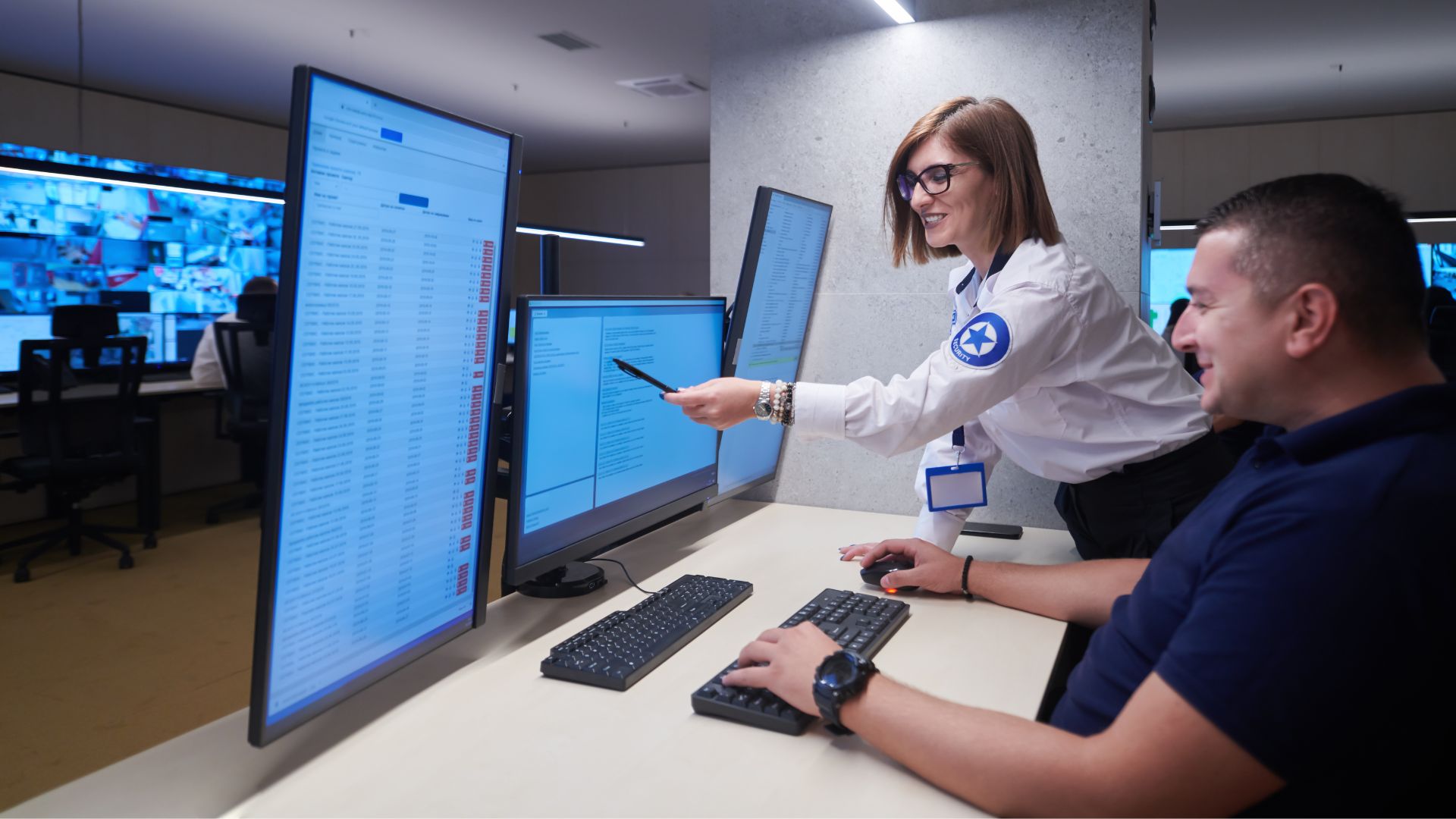
Why CPR Certification Matters in Security Services
CPR certification is a vital skill for security personnel, ensuring they can respond effectively during emergencies. In security services, the ability to act quickly in health crises can make the difference between life and death.
Here’s why CPR certification is indispensable in security services:
- Immediate Response in Emergencies:
CPR-trained security personnel can provide life-saving assistance while waiting for medical professionals.
Emergencies such as cardiac arrests can occur in high-traffic areas like malls, offices, or event venues. CPR training ensures security staff can stabilize situations until paramedics arrive.
Studies show that early CPR intervention significantly increases survival rates in cardiac arrest cases. - Increased Confidence:
CPR training instills confidence, enabling security teams to act swiftly and efficiently during crises.
Confident responses reduce risks and enhance safety outcomes for clients and colleagues.
This assurance boosts the reputation of security personnel as dependable first responders. - Compliance with Industry Standards:
Many security firms prioritize or require CPR certification to meet regulatory and safety standards.
Certification demonstrates a commitment to safety, an essential factor in building a trustworthy reputation.
Compliance with these standards can also lower insurance premiums for security companies.
By providing security teams with this essential skill, companies enhance service quality while fulfilling their responsibility to safeguard lives. Programs like CPR Certification Philadelphia offer tailored, practical training designed for the unique demands of security personnel.
Benefits of CPR Certification for Security Professionals
- Enhanced Job Performance:
CPR-trained security staff can efficiently manage health-related incidents, becoming more proactive in maintaining safety. - Improved Client Trust:
Clients feel reassured knowing security teams are prepared for medical emergencies, fostering better relationships and longer contracts. - Career Advancement Opportunities:
CPR certification often opens doors to supervisory roles and specialized assignments, showcasing a commitment to professional growth.
How CPR Certification Boosts Workplace Safety
- Preparedness During Emergencies:
Trained security personnel can act immediately during incidents like cardiac arrests or choking, significantly increasing survival rates. - Team Cohesion and Readiness:
Joint CPR training fosters collaboration, improving team coordination during crises. - Legal and Ethical Assurance:
Companies with trained teams minimize liability risks while demonstrating a proactive commitment to safety and compliance.
Security personnel with CPR certification not only protect lives but also elevate overall safety standards. Specialized training programs like those from CPR Certification Philadelphia ensure security teams are well-prepared for any situation.
Actionable Tips for Implementing CPR Training
- Regular Training Sessions: Conduct periodic refreshers to keep skills updated and aligned with current guidelines.
- Real-World Scenarios: Incorporate simulations of high-pressure situations to prepare teams for real emergencies.
- Incentives for Certification: Cover training costs or offer recognition to encourage participation.
Organizations like CPR Certification Philadelphia provide industry-focused programs that bridge individual skills with broader safety goals, creating safer workplaces and communities.
Final Thoughts
CPR certification is more than a skill—it’s a crucial component of safety in security services. Equip your team with the training they need to enhance readiness, build client trust, and save lives.
Contact CPR Certification Philadelphia today to invest in professional training and elevate your security services.
Frequently Asked Questions
Why is CPR certification crucial for security professionals?
Security personnel are often the first responders during emergencies. CPR certification equips them to provide immediate and effective care until medical help arrives.
How often should CPR certification be renewed?
Most certifications require renewal every two years to ensure skills remain current and aligned with updated guidelines.
What does CPR training for security personnel include?
Training typically covers emergency recognition, chest compressions, AED usage, and rescue breathing.
Can CPR certification benefit security companies financially?
Yes, meeting safety standards can lower insurance premiums and attract more clients through a strong safety reputation.
Where can I find tailored CPR certification programs?
Organizations like CPR Certification Philadelphia provide specialized training for security professionals, focusing on real-world applications.